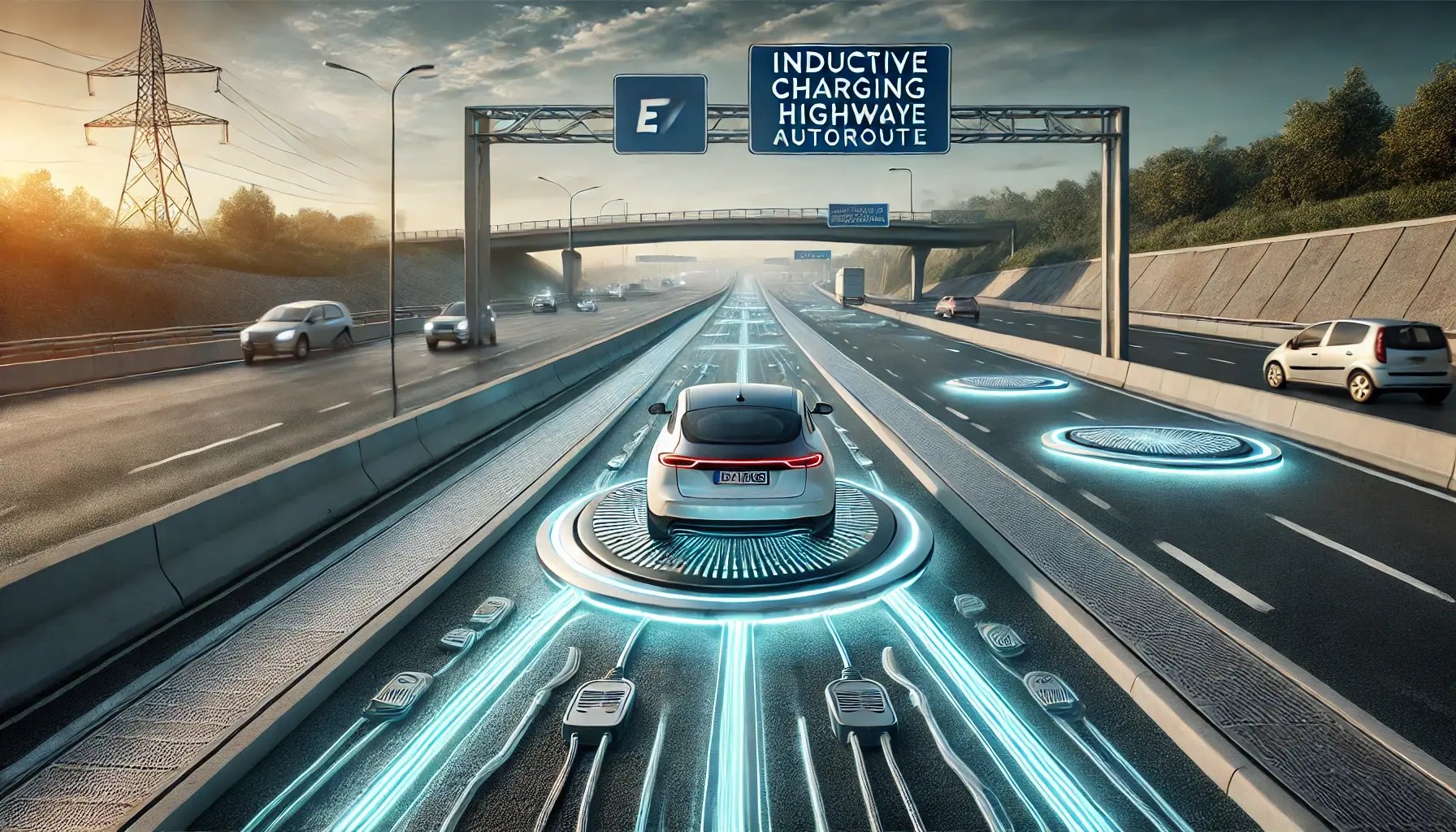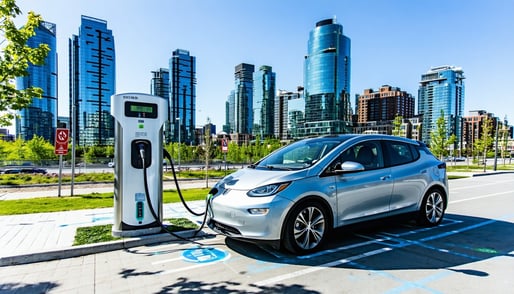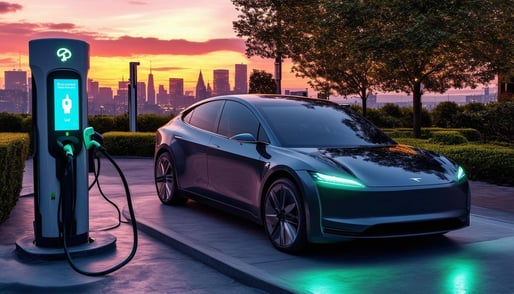Key Takeaways:
- Ultra-Fast Charging: EVs will charge up to 80% in just over 10 minutes, revolutionizing convenience.
- Expansion of Charging Infrastructure: Governments and private entities are investing in large-scale EV charging solutions.
- Standardization of Charging Connectors: Tesla’s NACS is becoming the universal standard, increasing accessibility.
- Vehicle-to-Grid (V2G) Technology: EVs will feed electricity back into the grid, enhancing energy efficiency.
- Inductive Charging Highways: Roads that charge EVs while they drive are being tested in Europe.
- Strategic Partnerships: Automakers and energy companies are collaborating to push EV technology forward.
- Urban Charging Innovations: Smart solutions are making charging easier for city dwellers without home chargers.
Introduction:
The electric vehicle (EV) revolution is accelerating, and as we cruise into 2025, the landscape of EV charging is undergoing transformative changes. With rapid advancements in charging technology, infrastructure expansion, and smarter energy integration, the EV industry is setting new benchmarks for efficiency and convenience.
This blog explores the major trends shaping EV charging in 2025, from ultra-fast charging to game-changing innovations like vehicle-to-grid (V2G) technology and inductive charging highways. Whether you're an EV enthusiast, fleet manager, or industry stakeholder, staying ahead of these developments is crucial in navigating the road to an electrified future.
The electric vehicle (EV) revolution is accelerating, and as we cruise into 2025, the landscape of EV charging is undergoing transformative changes. From technological advancements to strategic investments, here's a glimpse into the trends steering the future of EV charging.

1. Ultra-Fast Charging Becomes Mainstream
Gone are the days when EV owners had to plan their schedules around lengthy charging sessions. In 2025, ultra-fast charging technology is set to redefine convenience:
- China's Pioneering Efforts: Chinese companies are leading the charge with batteries that can reach 80% capacity in just over 10 minutes. Notably, CATL's Shenxing Plus offers a 600-kilometer range after a mere 10-minute charge. As well as 1MW and 1.2MW charging stations from BYD and ZEEKR.
- Global Adoption: While China spearheads this movement, automakers worldwide are integrating ultra-fast charging capabilities, making EVs more appealing to a broader audience.
2. Expansion of Charging Infrastructure
A robust charging network is the backbone of EV adoption. Recognizing this, governments and private entities are making significant strides:
- Canada's Commitment: The Canada Infrastructure Bank (CIB) has partnered with JOLT, investing $194 million to install up to 1,500 new curbside EV chargers in urban centers. This initiative ensures that Canadians have convenient access to charging stations, promoting greener transportation choices.
- Urban Innovations: Startups are transforming cityscapes by introducing accessible charging solutions. Companies like It's Electric and Voltpost are developing curbside and lamppost-integrated chargers, addressing the unique challenges of urban EV owners.
3. Standardization of Charging Connectors
Compatibility has long been a hurdle in the EV sector. The move towards a universal charging standard is simplifying the experience:
- North American Charging Standard (NACS): Major automakers, including Ford, General Motors, and Nissan, are adopting Tesla's NACS, allowing their EVs to utilize Tesla's extensive Supercharger network. This shift not only enhances convenience for EV owners but also streamlines the charging infrastructure.
4. Vehicle-to-Grid (V2G) Technology Gains Traction
The synergy between EVs and the power grid is evolving, offering mutual benefits:
- Energy Feedback Systems: Companies like ChargeScape are developing platforms that enable EVs to communicate with utility companies. This technology allows EV owners to sell stored energy back to the grid during peak demand, creating a dynamic energy ecosystem.
5. Inductive Charging Highways
Imagine roads that charge your EV as you drive. This futuristic concept is nearing reality:
- France's Pilot Project: Set to test a 2-kilometer electric highway on the A10 autoroute, France is exploring inductive charging technology. Coils embedded beneath the asphalt will wirelessly transmit energy to vehicles, potentially reducing the need for frequent charging stops.
6. Strategic Investments and Partnerships
Collaborations are accelerating the growth of EV infrastructure:
- Nissan's Stake in ChargeScape: By investing in ChargeScape alongside BMW, Ford, and Honda, Nissan is enhancing its commitment to V2G technologies, aiming to optimize EV charging and energy distribution.
As we navigate through 2025, these developments are not just enhancing the EV charging experience but are also pivotal in driving the global shift towards sustainable transportation. The road ahead is electrifying, and with these advancements, the journey is set to be smoother and more efficient for all EV enthusiasts.
Thanks for reading!
Apr 2, 2025 6:39:00 PM




Comments